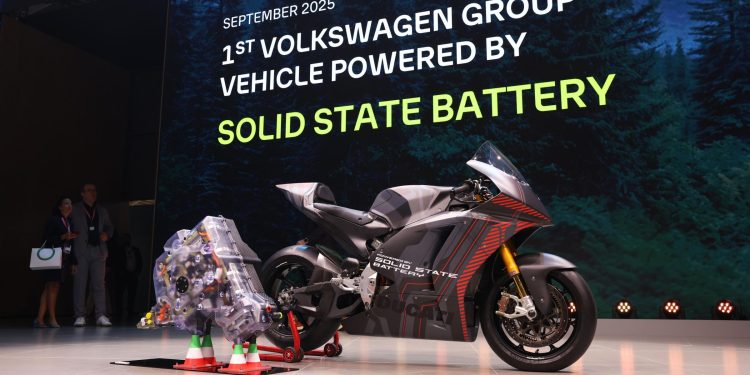Volkswagen Group aims for solid-state battery by 2030
Words NZ Autocar | ImagesVW, QuantumScape
Volkswagen has started testing solid-state cells in a Ducati electric motorcycle and says the technology can apply equally to cars.
The Volkswagen Group is amongst those in the race to offer production solid-state batteries by the turn of this decade.
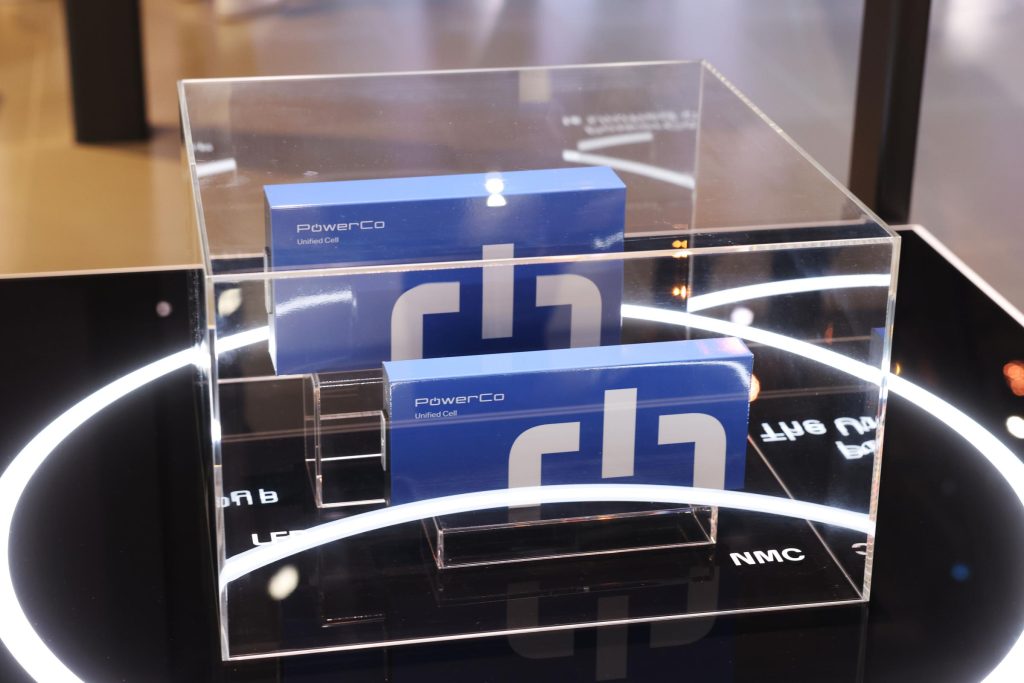
The first Group prototype to use solid-state cells is based on the Italian bike maker’s V21L MotoE racer. However, VW says the cells can transfer into cars with only minimal changes once the technology is ready for production.
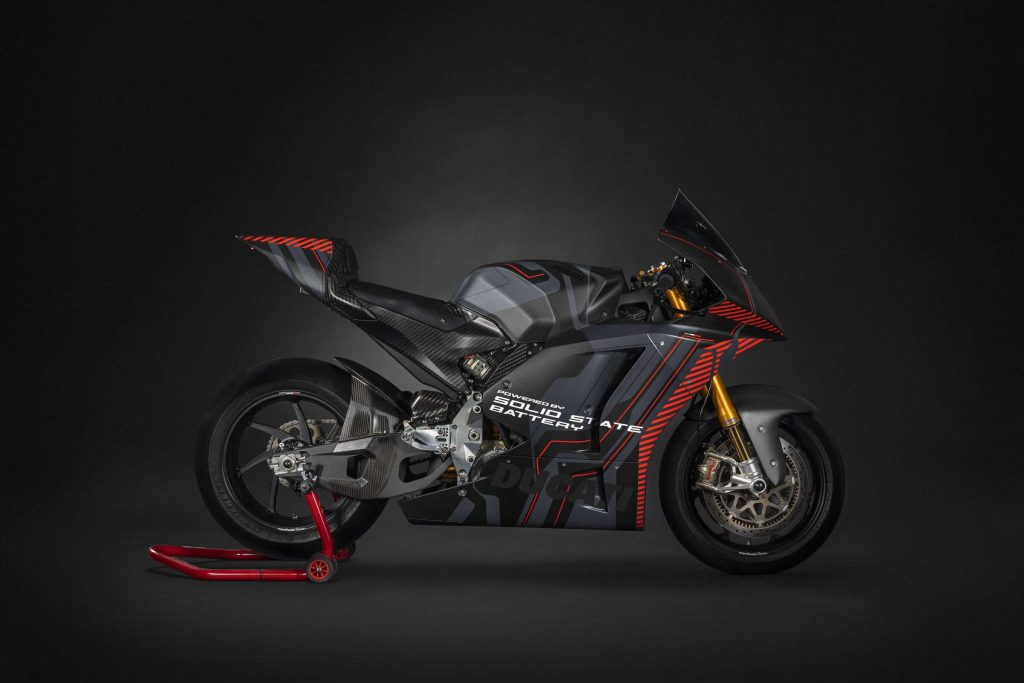
Solid-state batteries offer the promise of greater energy density. That means either improved EV range within the same battery footprint or reduced EV weight with a smaller pack without sacrificing range. They also offer the promise of faster charging speeds.
The decision to trial the tech in a motorcycle was made because Ducati CEO Claudio Domenicali is keen to see whether an electric sports bike is viable. He is calling it a “perfect fit”.
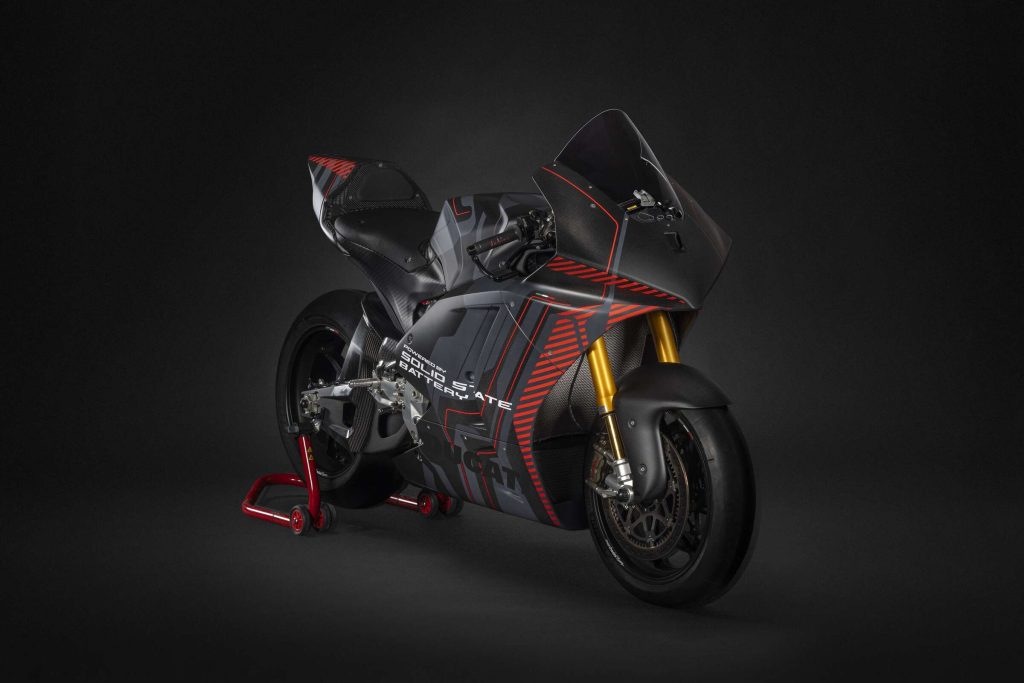
The much greater energy density of a solid-state battery may well be key to resolving the weight, range and packaging problems faced by electric motorbike makers.
Ducati is using the solid-state battery pack as a stressed part of the chassis. That means the pack will be subject to much greater forces than in an electric car’s ‘skateboard’ chassis. So it could yield important findings in improving the durability of solid-state cells.
This has been a major impediment in their development to date. Natural chemical processes create cracks inside the ceramic electrolytes of solid-state cells and these may be exacerbated by external forces.
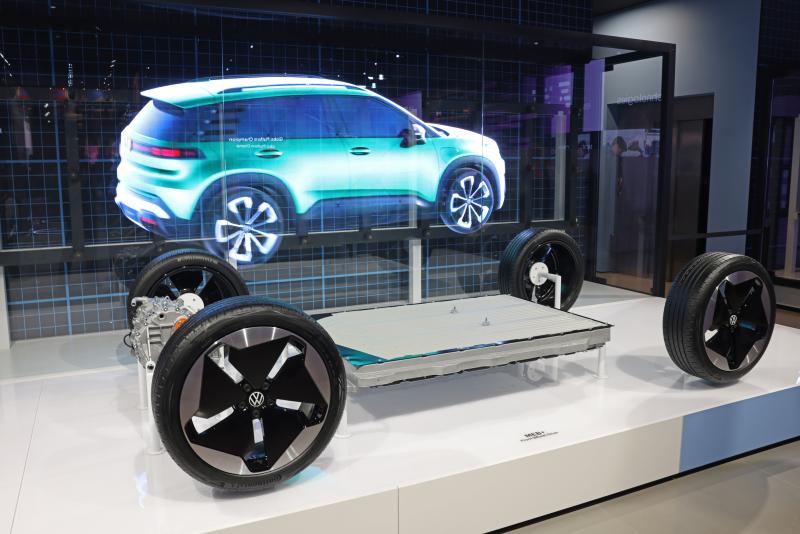
Meantime, VW’s battery-making spin-off PowerCo and solid-state battery company QuantumScape are working feverishly to develop a commercially viable solution by 2030.
This solution will be based around its Unified Cell, a new prismatic design that will first be used by the Electric Urban Car Family. So VW says it will be fitted to the Cupra Raval, Skoda Epiq, Volkswagen ID Polo and Volkswagen ID Cross.
Apparently, the solid-state cells can be swapped for the existing models’ battery packs without significant modifications.
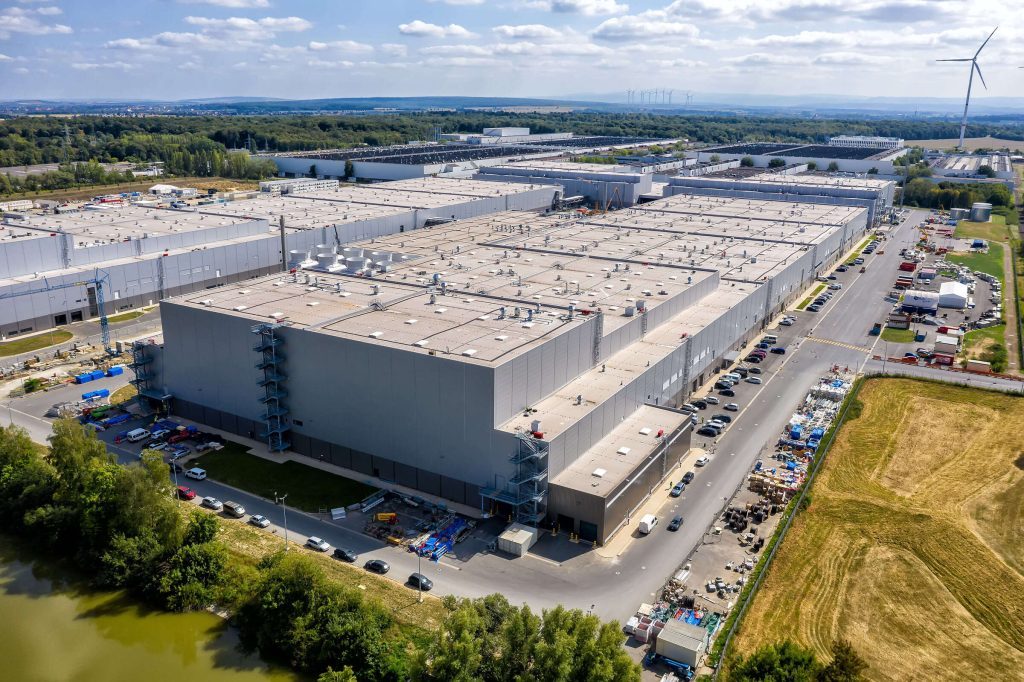
The Unified Cell VW plans to use across 80 per cent of the Group’s future electric products. A production car powered by solid-state cells could become available soon after the technology itself is signed off.
VW will probably not be the first to market a solid-state battery. Nissan previously said it will launch its first solid-state EVs in 2028. Several Chinese manufacturers, including MG, are already selling EVs fitted with semi-solid-state batteries. These have a significantly reduced liquid content compared with typical lithium ion equivalents. Mercedes-Benz is also testing an EQS with a solid-state battery offering 25 per cent greater range of nearly 1000km per charge.


